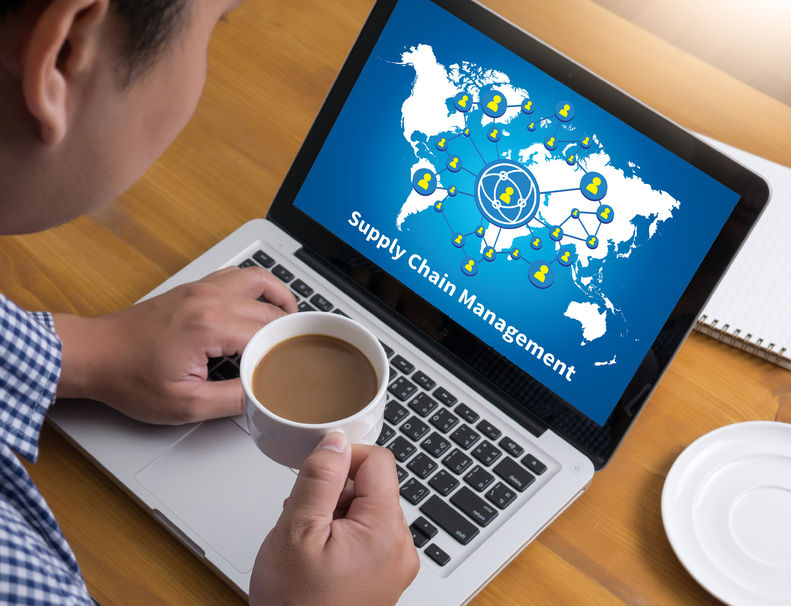Distribution Runs Better With SAP Business One
SAP Business OneSAP Business One is an enterprise resource planning (ERP) solution that helps distributors navigate...

September 27, 2016
Blog > 5 Ways SAP Business One Can Help With Order Fulfilment
Calculating the true cost of a cup of coffee involves navigating a complex system where small profits are carved away at each transaction point. Typical expenses include labor, fertilizer, inspections, certifications, transportation, and membership fees. While the costs incurred by farmers are relatively easy to identify, they can vary dramatically based on the size and location of the farm and type of coffee the farmer is producing. This makes it challenging to calculate how much it actually costs to produce an average pound of coffee.
From coffee bean to cup, it takes a well-run supply chain to ensure that a barista pours a good cup of coffee. And as a good cup of coffee represents the brand, this is how the public will perceive the company. Coffee and other merchandise must be sourced from around the globe and then successfully delivered to the stores, especially in the case of large coffee shop chains. Because coffee retailers can open stores around the world at a rapid pace, the supply chain organization must focus on keeping up with that expansion. To hold expenses in check and achieve a balance between cost and performance, there are objectives that would have to make significant changes.
Supply Chain Objectives
To transform a supply chain, a coffee retailer must establish three key objectives:
The first step of the transformation plan involves taking a complex structure and simplifying it so that every job falls into basic supply chain functions. For instance, anybody involved in planning—be it production planning, replenishment, or new product launches—is placed in the planning group.
After the supply chain functions are reorganized, the second objective of the supply chain transformation: reducing costs and improving efficiencies. For instance, the manufacturing group develops a more efficient model for delivering coffee beans to its processing plants, with the goal of manufacturing in the region where the product is sold.
Future Supply Chain Capability
The creation of a single, global logistics system becomes extremely important in a far-flung supply chain. In undertaking all of the steps to reduce operating costs and improve execution, coffee retailers must lay the foundation for future supply chain capabilities.
The importance of transforming your supply chain can improve costs and efficiency without compromising service delivery. Greater control over your growing business or subsidiary with SAP Business One is the single solution that streamlines your key processes – from accounting and customer relationship management (CRM) to supply chain management and purchasing.
Proactively meet customer and supplier demand with SAP Business One. Improve everything from demand planning to inventory and supply chain management, run flexible, tightly integrated processes to achieve operational excellence through:
Are you interested in finding out how other companies have used SAP Business One to help with their supply chain management practices? Read this success story and find out how SAP Business One helped David Leadbetter overcome overstock with cycle counting, optimize their internal processes and build a global brand.
To see how SAP Business One can help you increase your order fulfilment rates, contact us to speak to one of our expert consultants.
Subscribe to our newsletter to receive our latest blog posts, case studies and ERP news delivered straight to your inbox.
SAP Business One is an enterprise resource planning (ERP) solution that helps distributors navigate...
Business leaders are making efficient, agile, resilient supply chains their top priority and a...
Distributors see a WMS's importance in modernizing operations, adapting to uncertain economic...
Recieve our latest blog posts, case studies, and ERP news
delivered straight to your inbox.